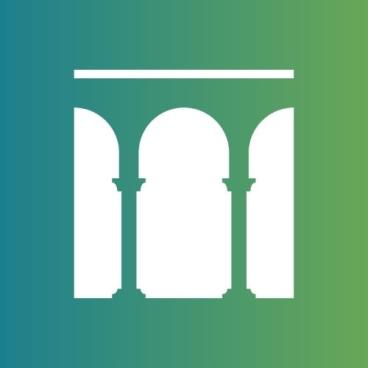Biography
Yasmine Farouk, Ph.D., is a nonresident fellow with the Baker Institute Edward P. Djerejian Center for the Middle East. She has over 15 years of experience as a researcher and practitioner of international relations and governance in the Middle East.
From 2018 to 2022, she was a visiting scholar in the Middle East program at the Carnegie Endowment for International Peace in Washington, D.C. Her analysis and publications covered the domestic and foreign policies of Saudi Arabia, Egypt and regional security in the Gulf. From 2016 to 2017, she was the research director at the Cairo International Center for Conflict Resolution, Peacekeeping and Peacebuilding (CCCPA), a think tank and training center of the Egyptian ministry of foreign affairs. There she was responsible for overhauling the research infrastructure, training research staff, and reconceptualizing the training program on preventing radicalization and extremism leading to terrorism in Somalia and Nigeria.
From 2014 to 2015, Farouk was a Fulbright fellow at Yale University where she authored a paper on non-state actors’ participation in the foreign policies of Egypt, Jordan, Saudi Arabia and Syria. From 2012 to 2013, she headed the Civil Society Unit at the Social Contract Center (SCC), an official think tank of the cabinet of Egypt’s Prime Minister. From 2011 to 2012, she worked at the cabinet of Egypt’s Prime Minister as the United Nations Development Programme’s (UNDP) focal point for Egypt’s national dialogue. During this time, she was also a research assistant to the lead author of UNDP’s Arab Human Development Report.
Farouk publishes in English, Arabic and French. Her recent publications include a book chapter on Middle Eastern States strategies to manage great power competition (in French) and “Joe Biden has a Saudi Problem” in The New York Times.
Farouk is currently on leave as associate professor of international relations and political science at the Faculty of Economics and Political Science of Cairo University. She holds a Ph.D. and master’s degree in international relations from Sciences Po Paris and a bachelor’s degree from Cairo University.
Contact at [email protected].
In Newsweek: How Iran Tensions Can Hamper Saudi Arabia’s Vision 2030 Goals
Farouk: Two attacks against Saudi Arabian facilities in 2019, attributed to Iran, showed how such tensions with Tehran “can hamper the fulfillment of [Saudi Arabia’s] Vision 2030 targets by decreasing and even interrupting Saudi Arabia’s revenues from oil and increasing the risk for foreign investors in Vision 2030 projects such as NEOM, tourism, infrastructure, energy and logistics projects.”
What’s Behind Saudi Arabia’s Peace Efforts in the Ukraine War?
In early August, Saudi Arabia hosted an international summit in Jeddah to advance efforts aimed at restoring peace in Ukraine. “This conference fits perfectly within [Saudi Arabia’s] diplomatic strategies to achieve this recognition,” explained Dr Yasmine Farouk, a non-resident fellow with the Baker Institute Edward P. Djerejian Center for the Middle East. “Saudi Arabia is following its national interest. We should expect it to continue doing so.”
Investing in Sport: A Weapon of Saudi Soft Power
As football superstars like Karim Benzema head to Saudi Arabia, and the kingdom announces a bombshell golf merger, what role does sport play in Saudi soft power. And is this a case of “sportswashing”? France 24 interviewed Yasmine Farouk.
Interviews
- “Investing in sport: A weapon of Saudi soft power,” France24, June 14, 2023.
Podcasts
- “After the Dust Settles: What Does the Saudi-Iran Deal Mean for the Middle East?,” ECFR on Air, May 22, 2023.
External Publications
- “Riyadh’s Motivations Behind the Saudi-Iran Deal,” Carnegie Endowment for International Peace, March 30, 2023.
